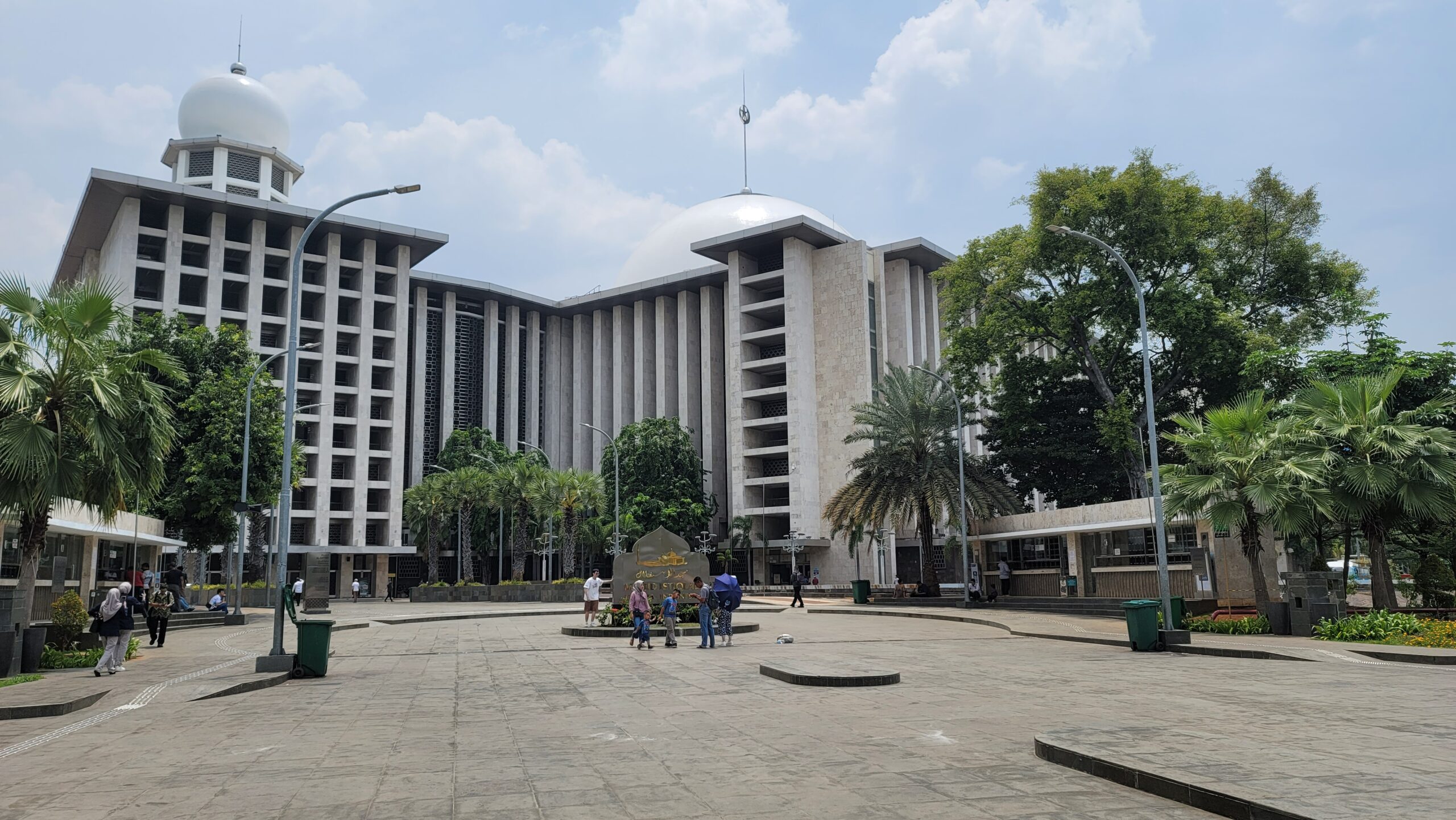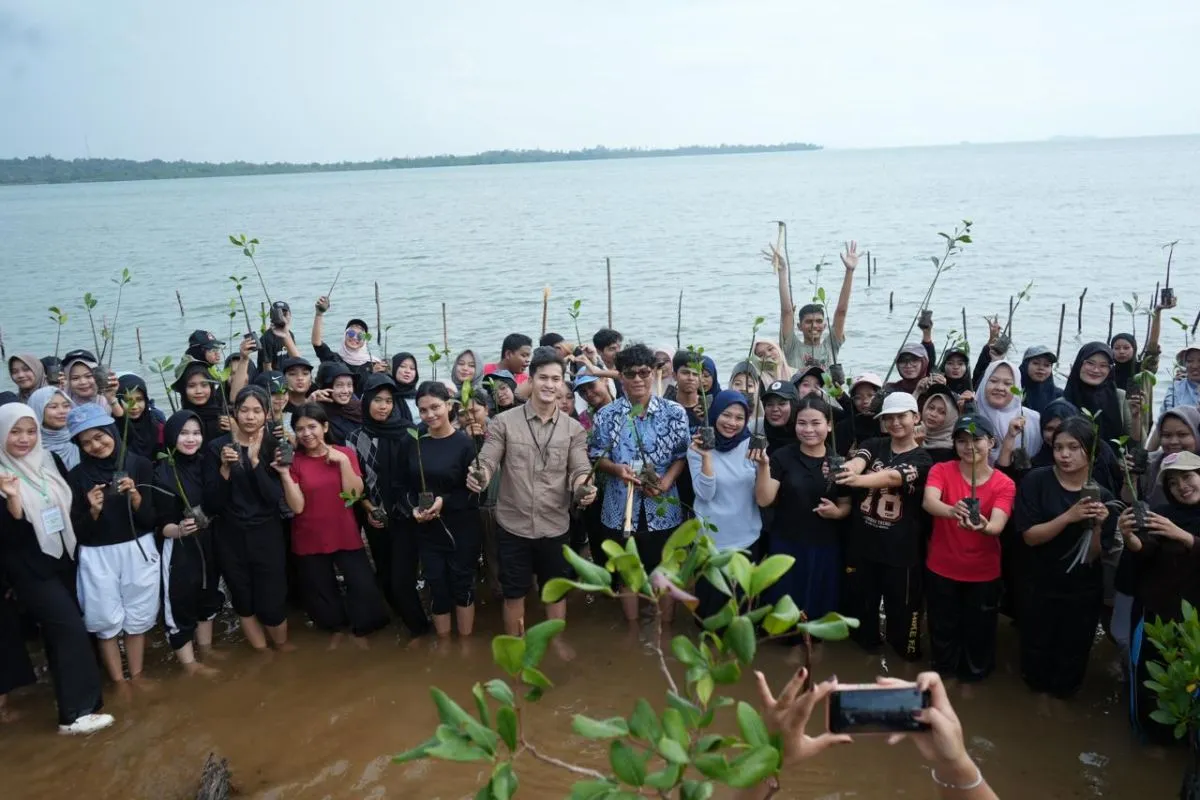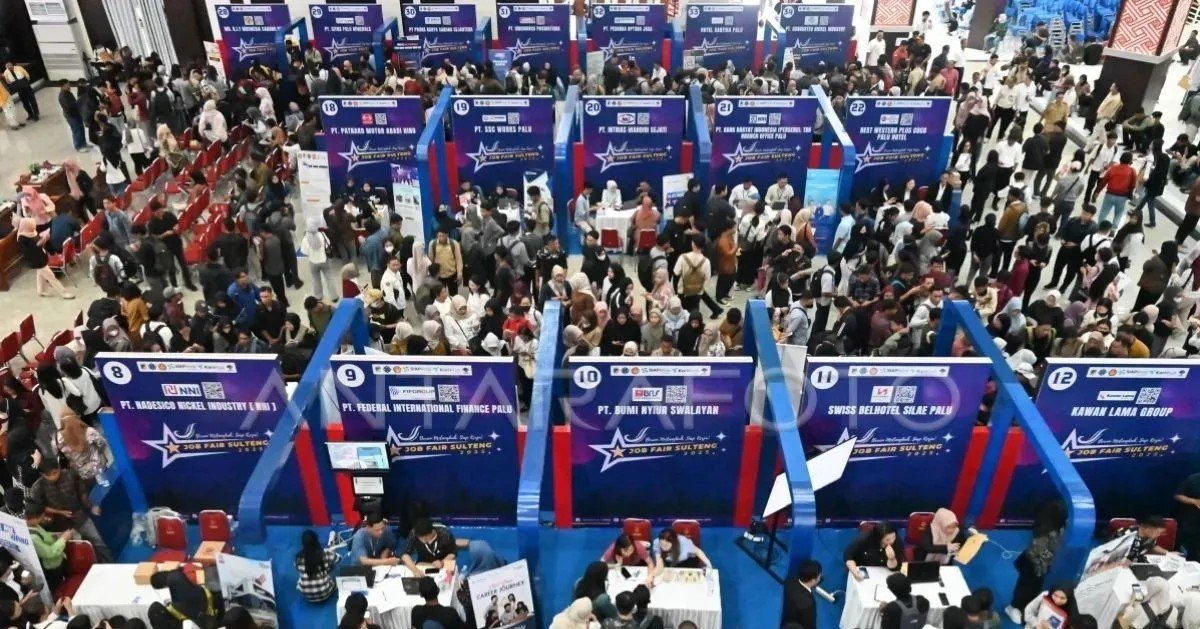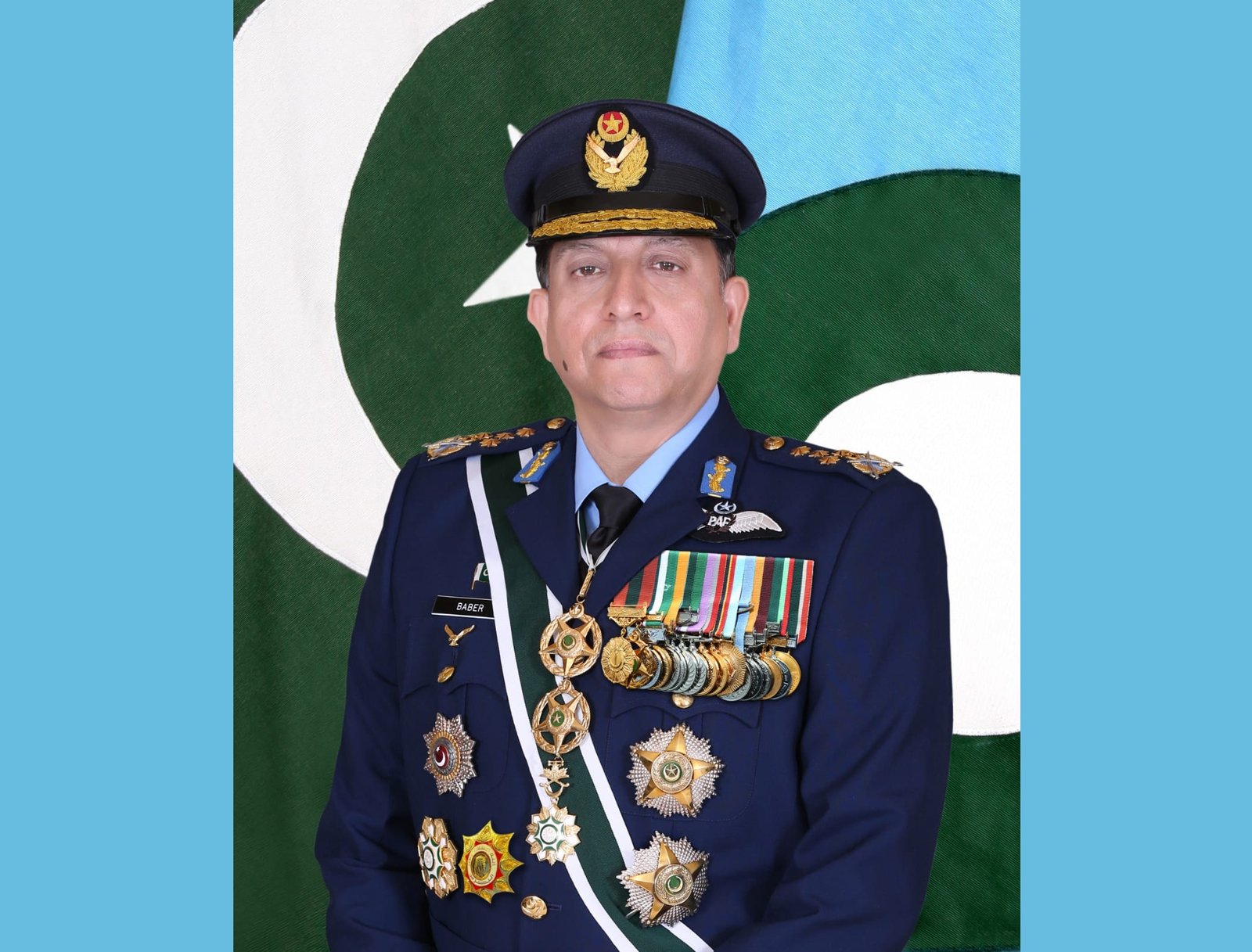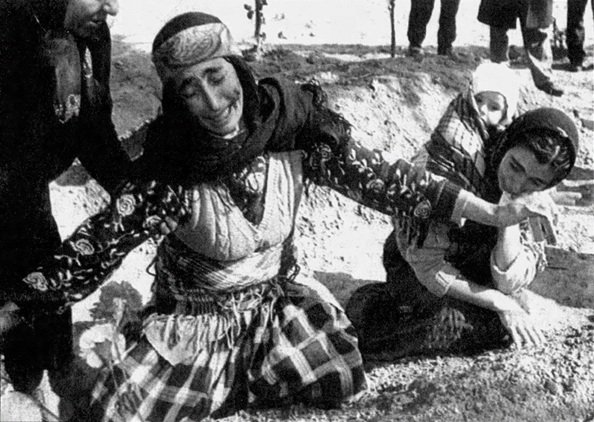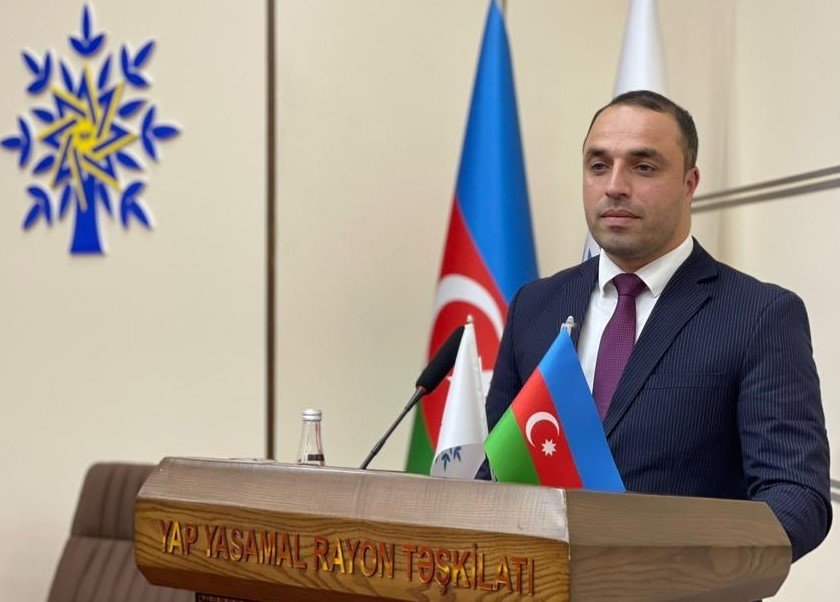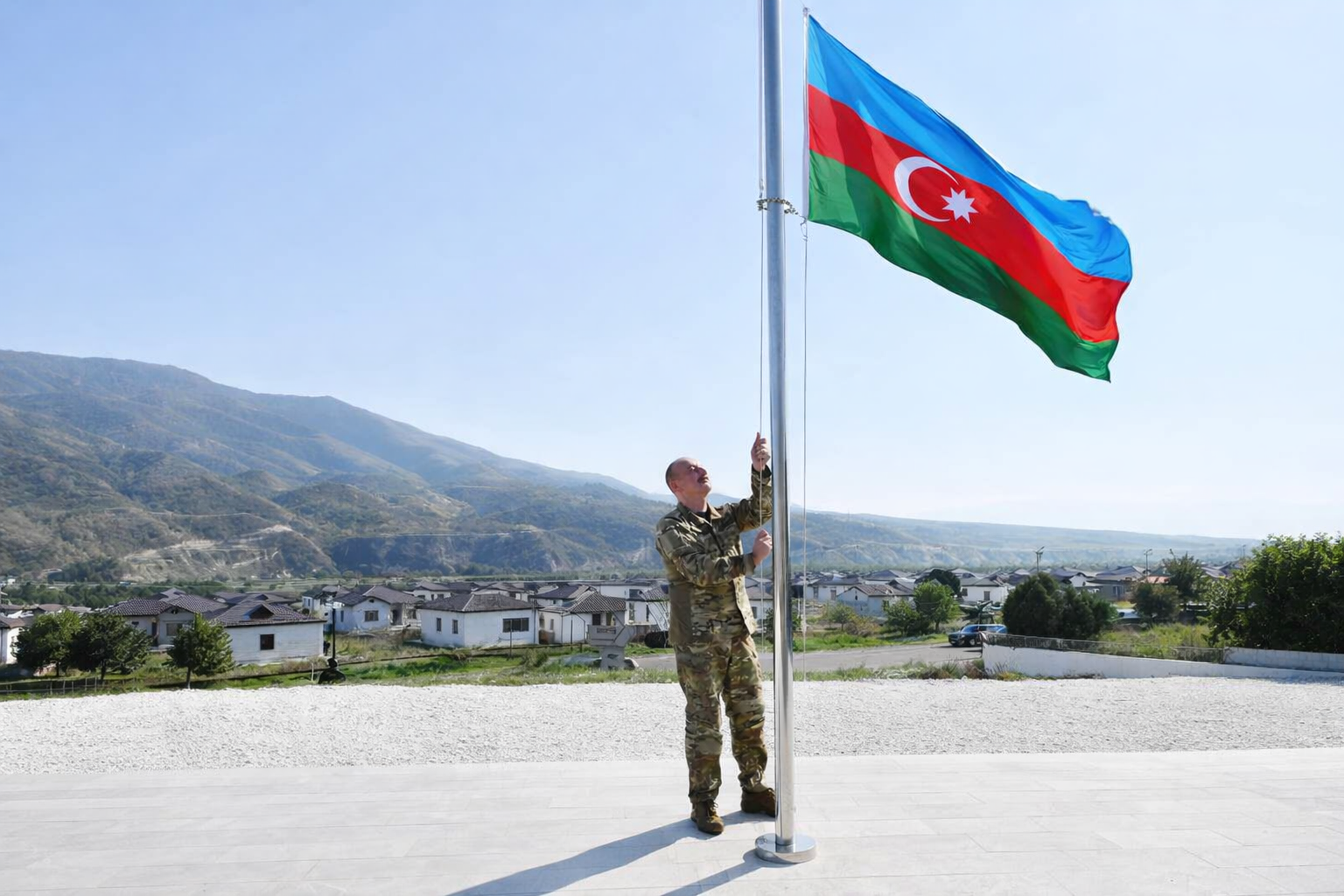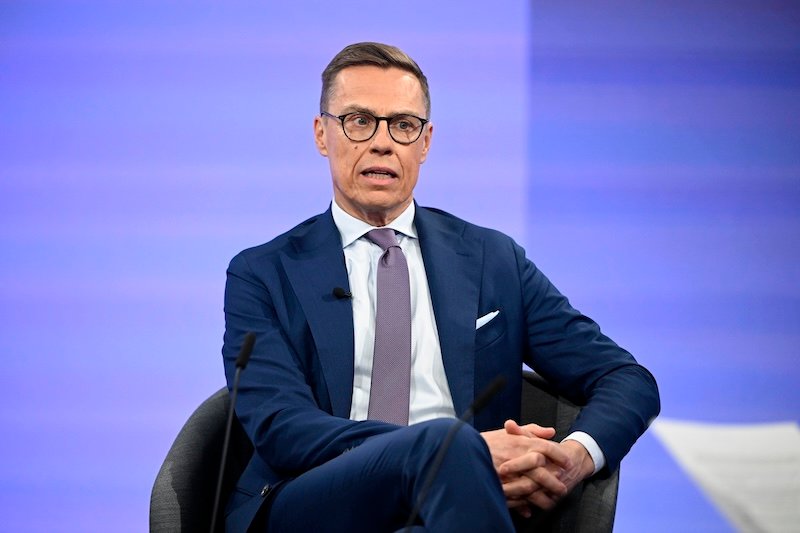I visited the Istiqlal Mosque of Jakarta dated October 8, 2024. It was an amazing experience. The people are very friendly and cooperative. I offered the zuhur prayer and recited fatiah for my late mother (RIP).
After that I have recited the poem titled “Istiqlal Mosque” from my poetry collection “Romantic Whispers of the Archipelago” that was launched yesterday on October, 07, 2024 in Jakarta during INASCA 2024.
Istiqlal Mosque in Jakarta is not only a monumental mosque which could be a real attraction for the tourists, but it is a testimony of Indonesia spiritual history. Is a mosque that was inaugurated to the public by the first president of Indonesia Soekarno, and is the largest mosque in Southeast Asia, with a capacity of about 120 thousand worshippers. From the Ied prayers to the other national Islamic celebrations, majority of the Islamic events of Indonesia are conducted from this mosque.
The mosque is situated at Sari, Jalan Taman Wijaya Kusuma Central Jakarta right opposite of the old Indonesian Catholic Cathedral as another manifestation of the Indonesian spirit of tolerance of other religions. These two amenities constructed on the side of each other most symbolize its main concept of unity and separation.
A Mosque that Has History of Indonesia
The construction of Istiqlal Mosque is the narrative of the struggle for the nation’s independence. The mosque was built for 17 years by a Christian architect Frederich Silaban from North Sumatra. The very root of the word Istiqlal is ‘Independence’ in Arabic, a great testimony to Indonesian freedom struggle. KH Wahid Hashim, the muslim leader, is attributed to have drawn up the idea of the national mosque, while a man named Cokro Aminoto, the then Minister for Religious Affairs was given the task of implementing it.
Supervised by President Sukarno, this grand view was turning into the construction and therefore the mosque became the symbol of the struggle for Indonesian independence and unity.
Architecture
The architectural feature of the construction of the Istiqlal Mosque is impressive as the historical background. Measuring about nine hectares, a lot of opulence in the implementing of the mosque’s design is visible from all angles. It has a vast prayer hall with a measurement of 103m * 95m with a 45 meters diameter central dome featuring 12 tall pillars of current construction. This is complemented by the five floors of the mosque, which walls are adorned with quality marble from East Java.
Some people stop and wonder in amazement by looking at the inner beauty of the mosque that is actually very simple and beautiful. The prayer hall is enclosed with four tiers of the gallery area where people Interested in praying and reading the holy scriptures assemble. At the top of the dome, inscriptions of the names of Allah and the Prophet Muhammad fit into the flawless aesthetics of the area.
Adjunct to the prayer hall, arcades reach out towards a large open courtyard where a fountain in the southern corner gushes during significant Islamic rituals. The slender minarets rising upwards continue the recitation of a prayer that is helping believers and onlookers find the way to this sacred sanctuary.
Visiting the Mosque
It is not a problem to get to Istiqlal Mosque. If you’re near Gambir Train Station, you can grab TransJakarta bus or walk five minutes with Gojek motorbike. But for those who want a more relaxed walk the place is just a stones throw away from the station.
The seven doors in the mosque represent the archangel’s seven heavens as per the Islamic religion to embrace the worshippers and the visitors. On entering you are typically requested to remove your shoes, this is tradition due to the fact that mosques are clean places which are also sacred. The mosque is open every day and visitors of all other religions are allowed, accompanied by a guide who will explain the story behind it and the meaning of this architectural masterpiece.

Mr. Muhammad Ali Pasha is an analyst and expert on Central Asia, South East Asia, China, Türkiye and Middle East having experience in the field of article writing in various renowned journals and newspapers across the globe. Furthermore, he is a writer and poet.
Owner and Patron-In-Chief of “The Gulf Observer”, Chairman “The Gulf Observer Research Forum”, Foreign Affairs Expert, Analyst, Writer and Poet.
